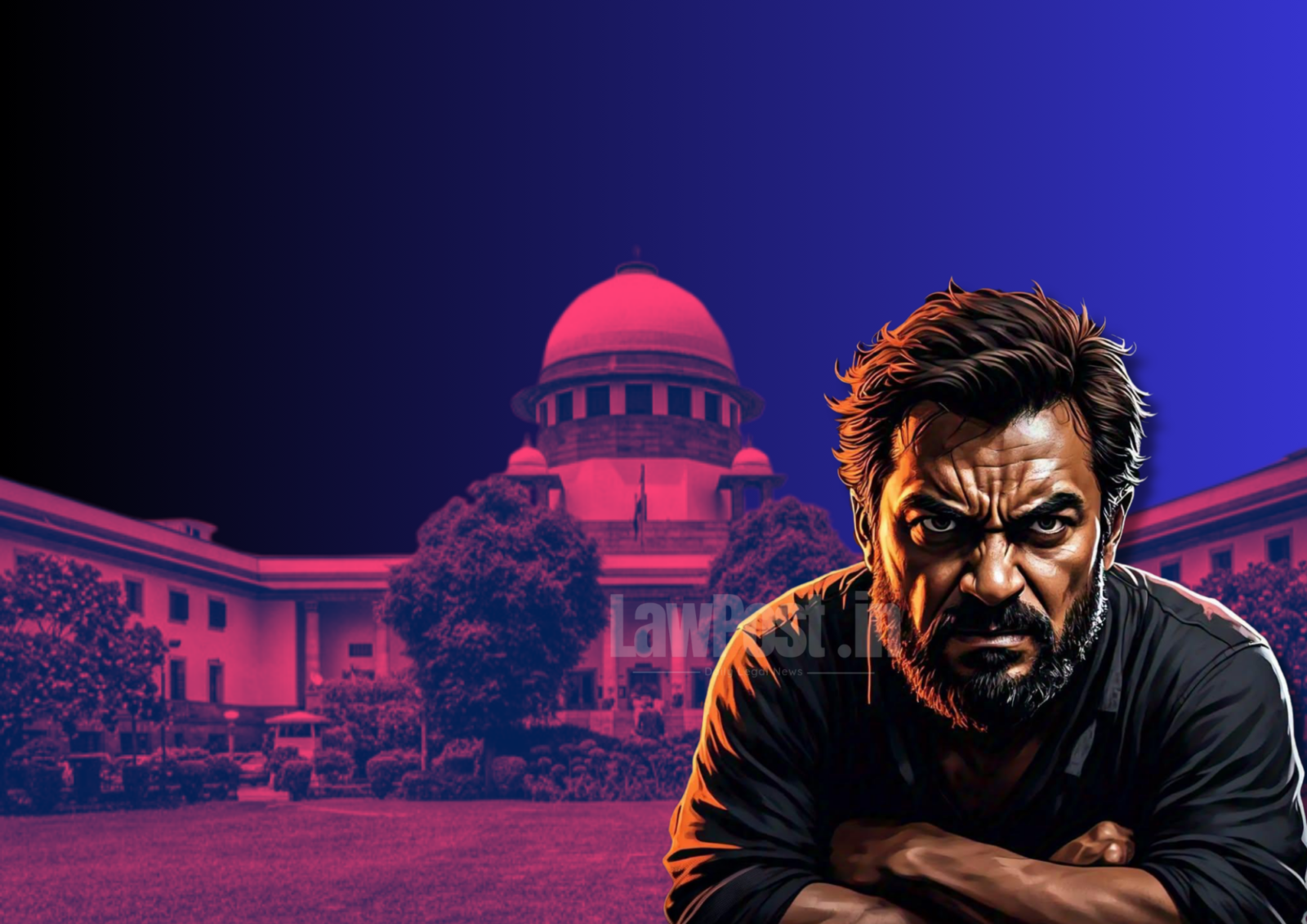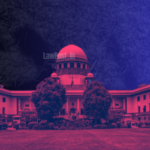In a significant development, the Supreme Court on Monday granted the Central government six weeks to respond to a Public Interest Litigation (PIL) seeking stringent measures to protect women, children, and transgender persons from sexual offences, including the introduction of chemical castration as a penalty for rapists.
The PIL, filed by the Supreme Court Women Lawyers Association (SCWLA), also seeks reforms such as a ‘no bail’ rule in cases of sexual offences, a ban on online pornography and explicit content on OTT platforms, fast-track trials for sexual harassment cases, mandatory CCTV installation at workplaces, and the disqualification of legislators accused of crimes against women from contesting elections until acquitted.
A Bench comprising Justices Surya Kant and N Kotiswar Singh suggested that the petitioner circulate the plea among women lawyers across various High Courts to gather suggestions on tackling these critical issues.
“You can ask suggestions from various sections of society. It should not be restricted to Delhi,” the Bench said. The Court also highlighted the importance of involving organizations like the Karnataka Federation of Women Lawyers, which had recently sought 33% reservation for women advocates in the Advocates Association of Bengaluru (AAB).
Senior Advocate Mahalakshmi Pavani, representing SCWLA, emphasized the need for legal intervention due to gaps in the implementation of existing laws protecting women.
The PIL calls for the adoption of chemical castration as a deterrent against sexual offences, arguing that stringent measures are essential to curb rising sexual crimes. It also links the accessibility of online pornography to the surge in such incidents, urging immediate regulatory action.
The Bench remarked that while the Court could address some of the broader issues raised, it was essential to include diverse perspectives in shaping effective solutions.
“Meanwhile, circulate it and ask women lawyers for suggestions,” the Court reiterated, adding that broader consultation could enhance the scope of the proposed reforms.
The matter, which was last heard on December 16, 2024, has been scheduled for further hearing on March 24, 2025. The Court’s observations and directives underline the urgent need for a collaborative approach in addressing sexual offences and protecting vulnerable groups in the country.
Case: Supreme Court Women’s Association vs UOI – Available on LAWFYI.IO








